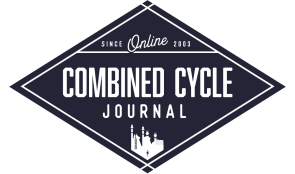2018 BEST OF THE BEST PRACTICES: Ontelaunee Energy Facility
Recognized for its Best Practice in Performance Improvement Water-wash program gives year-round benefit A new powerplant with no leaking valves and latest-technology equipment generally doesn’t have to be concerned with losing a few points in its heat rate. Add 15 years of operation and that measurement of plant efficiency takes on a whole new meaning. […]
2018 BEST OF THE BEST PRACTICES: Ontelaunee Energy Facility Read More »



